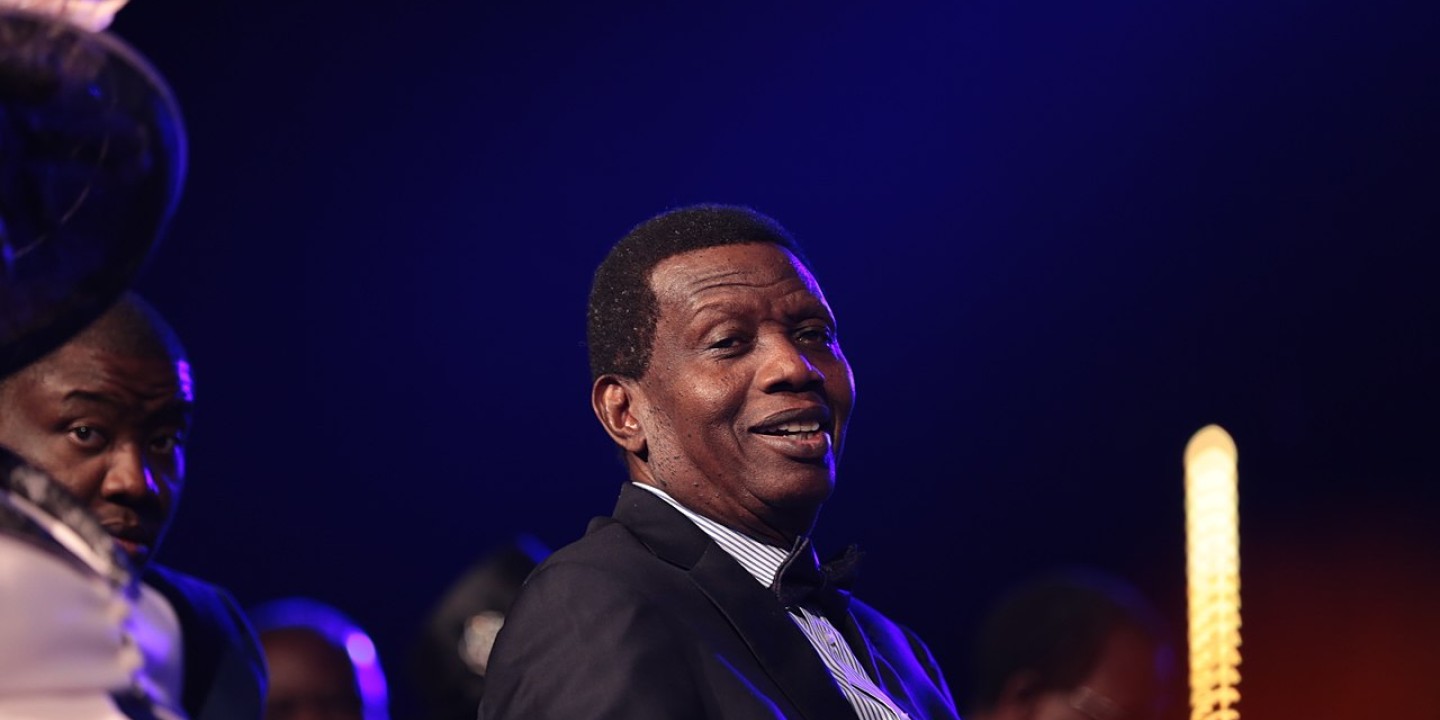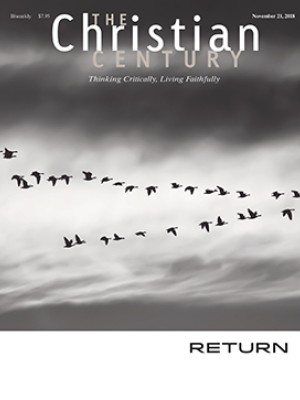Throngs of the Redeemed, in Lagos and beyond
The Redeemed Christian Church of God has 5 million members—66 years after it began.

Booming Christian numbers in Africa have produced many new denominations and sects, many of which will likely be short-lived. Some, though, seem set to become major players on the global stage. One denomination in particular almost epitomizes the process of globalization in religion: the Redeemed Christian Church of God, usually known as “the Redeemed.”
Founded in Nigeria in 1952 by Josiah Akindayomi, the church began as a quite stern group in the Aladura healing mode, firmly rooted in African, and particularly Yoruba, tradition. Papa Akindayomi preached in Yoruba and had his sermons translated into English. The church moved away from those roots and drew on more mainstream Pentecostal and holiness styles.
Read our latest issue or browse back issues.
Beginning in 1981, with Pastor Enoch Adeboye as general overseer, the church launched a huge global expansion. Among other reforms, the church began ordaining women as pastors. It also made a concerted effort to target wealthier and better-educated people. The scope of his impact gives Pastor Adeboye, or “Daddy GO,” an assured place on the list of great modern-day Christian leaders.
In its origins, the RCCG was like a great many other small Nigerian churches, but it swiftly outpaced its rivals. It is hard to miss its Redemption Camp, near Lagos, where attendance at special events can top a million. There is Redeemer’s University, and there are multiple campuses and schools.
In the 1990s the Redeemed formulated an ambitious global vision of evangelism and mass conversion with the goal of planting churches “within five minutes’ walking distance in every city and town of developing countries; and within five minutes’ driving distance in every city and town of developed countries.” It now claims 20,000 parishes worldwide. The church summarizes its story as “made in heaven, assembled in Nigeria, exported to the world.” This global mission is built on the contemporary Nigerian diaspora. Wherever there are Nigerians, you find the Redeemed.
Sometimes these churches use the Redeemed label, but often they use more generic names like “Abundant Life” or “Love Assembly.” Such diversity prevents many casual observers from appreciating the sheer scale of what they are witnessing and from noting that these are branches of a single tree. The RCCG presently operates in almost 200 countries and claims 5 million members.
Britain offers an impressive example of Redeemed growth. (I draw here on the work of Babatunde Adedibu.) Missionary work began in the late 1980s with just a handful of followers gathered in a house fellowship, but it enjoyed explosive growth. The Redeemed had virtually no presence in Britain in 1990, but by 2014 it had 683 parishes. RCCG publications are understandably fond of the word exponential.
Early mission activity among Nigerians spread to draw in other Africans as well as Afro-Caribbean people, and white believers are also welcomed. Some communities grew to become some of Britain’s largest congregations, including Jesus House of All Nations, established in 1994, which has some 3,000 worshipers. The RCCG’s annual Festival of Life in Britain attracts 40,000 attendees, and national politicians consider it worth their while putting in an appearance.
The shared English language makes Britain a particularly attractive setting for this Nigerian-based church, but the RCCG has also spread across Europe. Since 2002, the number of parishes in continental Europe has swelled from just a few to 230, with a concentration in the major cities where African immigrants abound.
The church is well established in North America. Its presence in the United States began in Detroit in 1992 before expanding to (among other places) Dallas, Tallahassee, and, of course, Houston, the Nigerian capital of the United States. The Houston area now boasts 15 congregations. A sizable Redemption Camp can be found near Dallas, at Floyd, Texas, although it is only a pale shadow of the gigantic Lagos venue.
Here I will make a small confession: I regularly give public lectures on global Christianity, commonly in smaller or mid-sized American cities and college towns, and to make the point about the wide diffusion of African churches I will often say, “Why, right here in your own town you have such a church on X Avenue!” My audience might be impressed by my local knowledge, but the remark requires no great expertise on my part. I just look up the nearest congregation of the Redeemed. Predictably, they are there.
Like any emerging body, the RCCG has had its share of controversies—power struggles and charges of exploitation and financial malpractice by some pastors. Moreover, its actual statistics are far from certain. Among its vast number of parishes, many are but storefronts. But with all those caveats, the story of the Redeemed is still deeply impressive, and the church has built a solid foundation for future growth.
A version of this article appears in the print edition under the title “From Lagos to all nations.”







